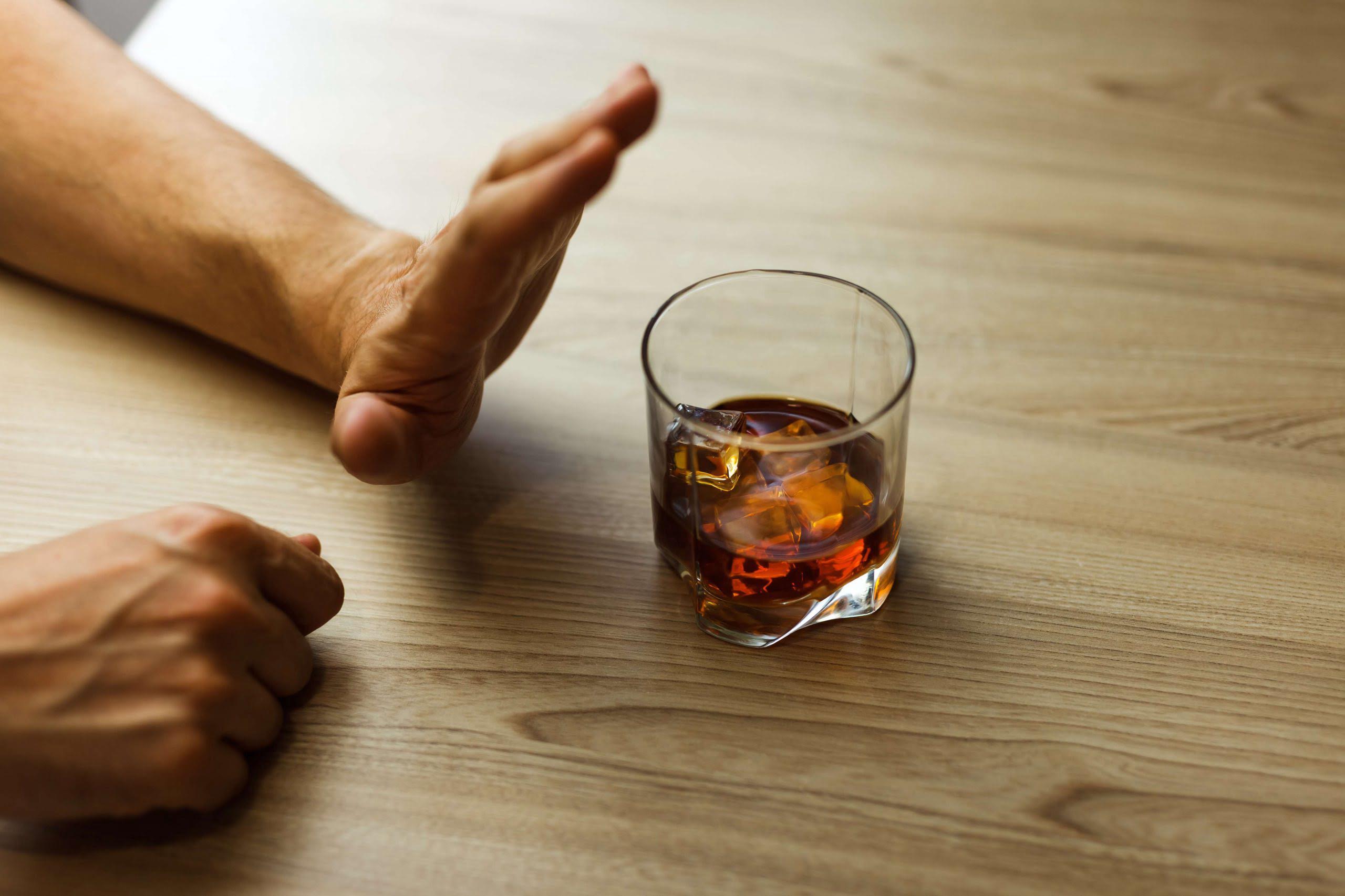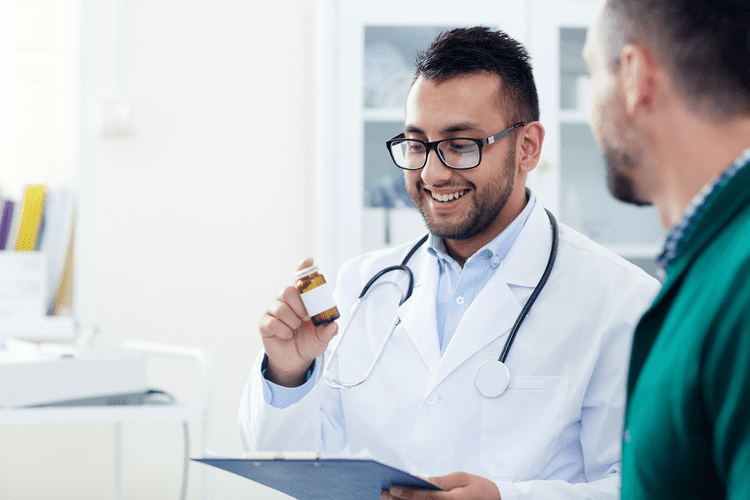It highlights why panic disorder can develop or worsen during recovery. Managing these symptoms often requires a comprehensive approach combining medication, therapy, and supportive strategies to restore neurochemical balance and reduce panic susceptibility. Simultaneously, alcohol affects serotonin levels, crucial for mood stability. Disruption of serotonin pathways can lead to mood swings, increased anxiety, and susceptibility to panic attacks. Even after stopping alcohol, these drug addiction neurochemical imbalances can linger, creating a vulnerable state during early sobriety.
The Long-Term Effects of Alcohol Abuse: Understanding the Risks
Individuals with a history of alcohol dependence and co-occurring anxiety disorders face an even higher risk—around 25-40%—of experiencing panic episodes. As alcohol levels wear off and the brain tries to restore its equilibrium, there is a decrease in GABA production (a reduction of relaxation) and a surge in glutamate activity (increased anxiety). However, the more you drink, the more you perpetuate the cycle of alcohol-induced anxiety. Panic disorder is a mental health condition characterized by sudden, unexpected episodes of intense fear or discomfort, often without an obvious trigger. These episodes, called panic attacks, can cause overwhelming physical and emotional symptoms such as a racing heart, shortness of breath, dizziness, or a sense of impending doom. The answer to whether quitting alcohol can cause a first panic attack is hard to determine.

Alcohol can also make anxiety worse because it affects the levels of other mood-influencing chemicals like serotonin. Research notes that changes in chemical levels such as serotonin does alcohol cause anxiety can cause anxiety disorders and depression. While dopamine increases immediately after drinking alcohol and temporarily makes you feel good, when the inebriation has faded, whatever symptoms that were being avoided rebound. Alcohol is a central nervous system depressant that slows down brain activity. As alcohol is a sedative and depressant, it can relieve feelings of fear and anxiety in the moment.
How to Cure Social Anxiety Outside of Therapy
- It’s no secret that alcohol has a profound impact on the brain—even a casual drinker can experience a mood shift after a beer or two.
- Since alcohol can directly trigger panic attacks, these positive habits to help us quit or cut back can help us maintain emotional stability.
- In one study, 35.8% of alcohol-dependent men (and 60.7% of women) reported feeling anxious.
- Panic attacks can leave us feeling scared, uncomfortable, and vulnerable.
Endless Mountain Behavioral Healthcare offers personalized addiction treatment programs designed for effective recovery and lasting wellness. Located in Pennsylvania, our medical detox and residential services provide the comprehensive care you need to overcome addiction. If you or a loved one is struggling with alcohol-related anxiety, we’re here to help. Contact Endless Mountain Behavioral Healthcare today for compassionate, professional support on your journey to recovery. If you’re struggling with anxiety and alcohol use, professional treatment can help you address both issues in a supportive environment. Avoiding alcohol before bedtime can lead to better sleep quality and lower anxiety levels the next day.
The impact of addiction on mental health
- The anticipation about another impending panic attack may be more troubling than the panic itself.
- Quitting alcohol can also lead to long term anxiety from extended withdrawal symptoms, known as protracted withdrawal.
- Integrating a relapse prevention plan and practicing assertiveness skills help users handle daily stressors more effectively.
- If you’re regularly experiencing some or all the symptoms listed above, it’s important to seek professional help immediately.
Participating in a treatment program helps you to grow physically, mentally, and emotionally stronger. Most people feel anxiety at various points in their lives, whether they drink alcohol or not. You might have felt anxious before a job interview or giving a speech to a large audience.
When we reach for alcohol in an effort to calm the symptoms of anxiety and panic, we can become trapped in a vicious cycle that may eventually lead to a physical or psychological addiction. Alcohol is a central nervous system depressant, meaning it slows down brain activity. However, when you stop drinking and the alcohol wears off, your brain tries to find balance and regulate neurotransmitters, which leads to a drop in GABA activity. With an overall net decrease of GABA in the brain, this leads to rebound anxiety, and the anxiety might feel even worse than it did before you drank, Lyster says. Not to mention, consistently leaning on alcohol as a short-term solution for anxiety can ultimately result in tolerance and dependence, says Lyter. Quality sleep is necessary for the body to restore itself during the night, healing physical and emotional wounds.

Letting go of fear will be a fresh breath of air, and the weight lifting off of your shoulders is far more rewarding than alcohol ever was. Many people turn to alcohol as a way to unwind or cope with stress, but what many don’t realize is that drinking can actually make anxiety worse. Understanding the connection between alcohol and anxiety can help individuals make informed choices about their drinking habits and seek the right support when needed. The main neurotransmitter in question is gamma-aminobutyric acid (GABA).
If needed, your psychiatrist can also refer you to a Talkiatry therapist. Talkiatry is a national psychiatry practice that provides in-network, virtual care. Co-founded by a patient and a triple-board-certified psychiatrist, Talkiatry has over 300 doctors, 60 insurance partners, and first visits available in days.

With Talkiatry, you can see a psychiatrist from the comfort of your home and you can schedule your first appointment in a matter of days. To get started and learn about your treatment options, take our free online assessment, to see if Talkiatry is right for you and get matched with a psychiatrist. Members of Rula’s clinical leadership team and other expert providers contribute to all published content, offering guidance on themes and insights based on their firsthand experience in the field. Every piece of content is thoroughly reviewed by a clinician before publishing. Rula’s editorial team is on a mission to make science-backed mental health insights accessible and practical for every person seeking to better understand or improve mental wellness.
Symptoms of Panic Attacks
Interestingly, some doctors use anxiety medications to help people withdraw from alcohol when it’s been determined medically necessary due to the withdrawal effects of abruptly quitting alcohol. As alcohol use increases, your body builds a tolerance and dependence on it. When you go without, painful alcohol withdrawal symptoms can appear. In some cases, anxiety may persist longer, especially if there are underlying anxiety disorders or if post-acute withdrawal syndrome (PAWS) occurs. PAWS involves lingering symptoms such as mood swings, anxiety, and trouble sleeping, which can last for months. Feeling increased anxiety after stopping drinking is common and often expected as part of the withdrawal process.